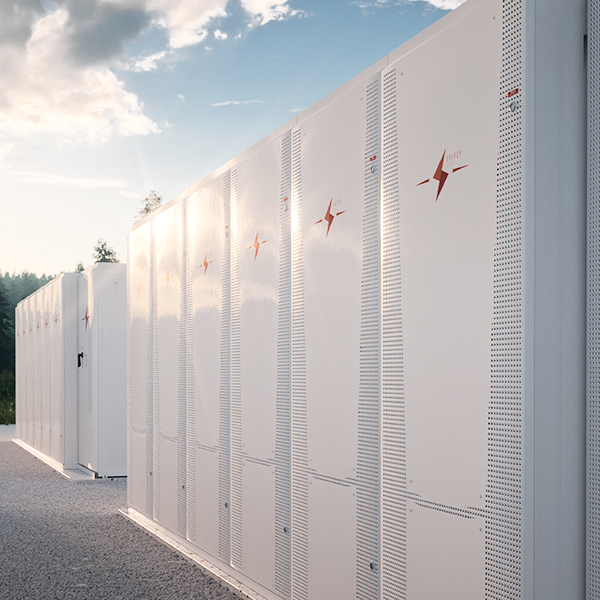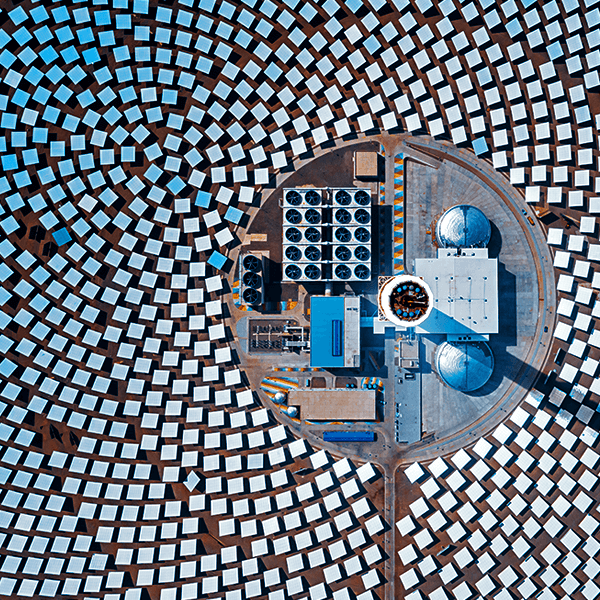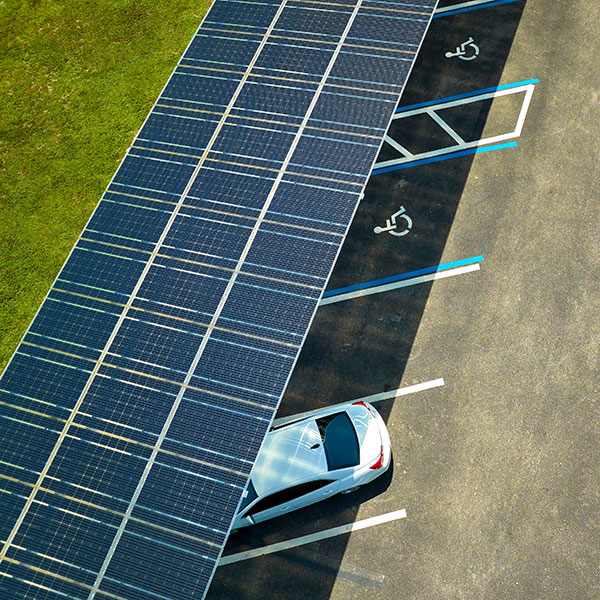The electrification of transportation will lead to a steep rise in electric vehicle (EV) energy consumption and the need for chargers, as well as the infrastructure to support them. Electric vehicles remain an increasingly crucial component in the effort to reduce carbon emissions. By the year 2025 UBS forecasts that 20% of global new car sales will be EV, and 50 % by 2030.
With electric vehicle demand continuing to expand, charging equipment manufacturers, automakers, utilities, municipalities, and government agencies are rapidly establishing a national network of charging infrastructure. With $7.5 billion allocated for a national network of EV charging stations through the Infrastructure Investment and Jobs Act, EV charging in the US is primed for rapid growth.





